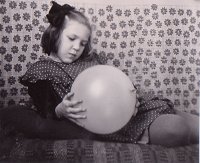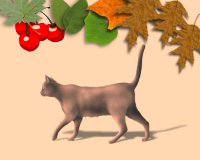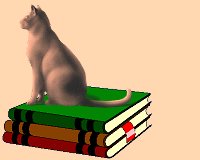Christmas Carols
 Englannissa on laulettu joululauluja, "Christmas Carols", kirkon varhaisista ajoista asti. Sanan "carol" uskotaan muodostuneen latinankielisista sanoista "cantare", laulaa, ja "rola!", joka oli ilon ilmaus.
Englannissa on laulettu joululauluja, "Christmas Carols", kirkon varhaisista ajoista asti. Sanan "carol" uskotaan muodostuneen latinankielisista sanoista "cantare", laulaa, ja "rola!", joka oli ilon ilmaus.Ajan oloon erityisesti lapset kiersivät kaduilla, koputtivat oville ja lauloivat sekä jouluaattona että joulupäivänä. Ihmiset antoivat palkaksi makeisia ja kolikoita. Meillähän perinne on muuntunut Tiernapojiksi.
Kenneth Grahamen kirjassa "Wind in the Willows" ("Kaislikossa suhisee") köyhät peltohiiret tulevat laulamaan:
It was a pretty sight, and a seasonable one, that met their eyes when they flung the door open. In the fore-court, lit by the dim rays of a horn lantern, some eight or ten little fieldmice stood in a semicircle, red worsted comforters round their throats, their fore-paws thrust deep into their pockets, their feet jigging for warmth. With bright beady eyes they glanced shyly at each other, sniggering a little, sniffing and applying coat-sleeves a good deal. As the door opened, one of the elder ones that carried the lantern was just saying, 'Now then, one, two, three!' and forthwith their shrill little voices uprose on the air, singing one of the old-time carols that their forefathers composed in fields that were fallow and held by frost, or when snow-bound in chimney corners, and handed down to be sung in the miry street to lamp-lit windows at Yule-time.
Suosittu jouluballadi on laulu kelpo kuningas Wenceslasista, vaikka se oikeastaan liittyy Tapaninpäivään:
Good King Wenceslas looked out
On the feast of Stephen
When the snow lay round about
Deep and crisp and even
Brightly shone the moon that night
Though the frost was cruel
When a poor man came in sight
Gath'ring winter fuel
"Hither, page, and stand by me
If thou know'st it, telling
Yonder peasant, who is he?
Where and what his dwelling?"
"Sire, he lives a good league hence
Underneath the mountain
Right against the forest fence
By Saint Agnes' fountain."
"Bring me flesh and bring me wine
Bring me pine logs hither
Thou and I will see him dine
When we bear him thither."
Page and monarch forth they went
Forth they went together
Through the rude wind's wild lament
And the bitter weather
"Sire, the night is darker now
And the wind blows stronger
Fails my heart, I know not how,
I can go no longer."
"Mark my footsteps, my good page
Tread thou in them boldly
Thou shalt find the winter's rage
Freeze thy blood less coldly."
In his master's steps he trod
Where the snow lay dinted
Heat was in the very sod
Which the Saint had printed
Therefore, Christian men, be sure
Wealth or rank possessing
Ye who now will bless the poor
Shall yourselves find blessing
Laulun sanat kirjoitti ja julkaisi John Mason Neale vuonna 1853. Laulu liittyy oudosti Suomeen. Sävel on nimittäin kokoisin täältä (vaikka jotkut englantilaislähteet väittävät sen olevan ruotsalainen); "Kelpo kuningas Wenceslaus" lauletaan 1300-luvun "Tempus Adest Floridum" - säveleellä, joka julkaistiin Turun Katedraalikoulun kokoelmassa Piae Cantiones vuonna 1582.
 Kelpo kuningas Wenceslas ja hänen paashinsa aika suomalaisen näköisinä
Kelpo kuningas Wenceslas ja hänen paashinsa aika suomalaisen näköisinä Mette miettii
Mette miettii












0 Comments:
Lähetä kommentti
<< Home